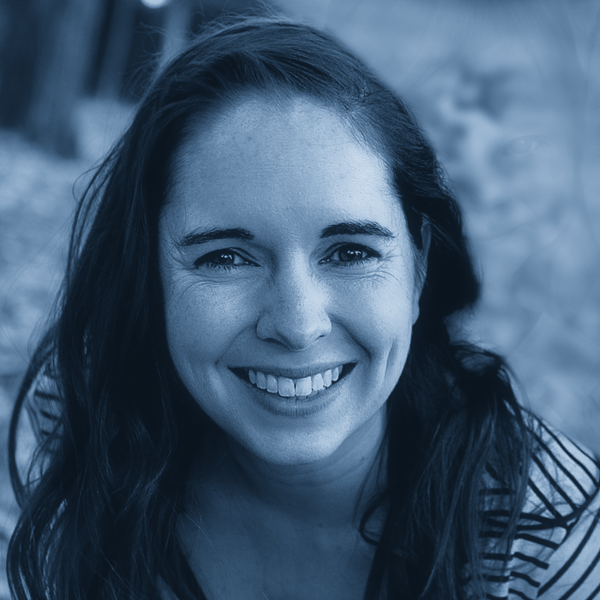Almost three dozen students at EDSS hit the books this week to prepare for an exam on Thursday that tested their business prowess as well as some practical, real-world knowledge. But this exam was different from the usual: they volunteered to write it.
The students are members of the DECA club (Developing Excellence Celebrating Achievement), an international business and marketing organization that encourages students to dive fearlessly into a world beyond textbooks through role-playing, community projects, leadership programs, and international networking. Over the past several years, more and more schools are recognizing DECA as a great way for students to get prepared for “the real world.”

Thursday marked DECA’s regional competition, a day in which hundreds of students from in and around the Waterloo Region joined together to write multiple-choice exams and perform oral presentations on business topics such as Hotel & Lodging Management, Sports & Entertainment Marketing and Business Law & Ethics, among others.
Rebecca Lomax and Emily Ahier are Grade 11 students at EDSS who hold the position of co-presidents of DECA. Both have been members of the DECA club for three years, and both girls are following in the footsteps of their older sisters, who held executive positions with the group in the past.
Students are judged on their answers to the multiple-choice questions about their topic, their ability to think on their feet when asked questions during the oral presentation, as well as their business etiquette, right down to the colour of their socks. Boys are asked to wear dress pants, a dress shirt and tie and dress shoes. Rules explicitly say that white socks are not permitted, and Ahier recalls a classmate of hers who did not advance to the next round of competition simply because he disobeyed the sock rule.
DECA staff advisor Margie Cressman notes that although students may think of the organization as a business club, it draws people from all walks of life.
“They might take some business courses here but that’s not necessarily where they will end up. But the skills they learn here are transferable to any career area they may choose to go in.”
And the club is not all about “serious business” for the students either. For Lomax and Ahier, who both are interested in pursuing some sort of business career later in life, it’s also about having fun and meeting new friends.
“When we try and recruit people for the club each year, people always ask, ‘Why would I want to join a club where I have to write a test?’” said Ahier, “But it’s actually really cool and a lot of fun.”
DECA staff advisor Judy Savill said she is amazed at how diverse the group of student participants is each year – from athletes, to musicians, students just entering the high school and those about to graduate.
“I think the most important thing that comes from participating is the confidence. Some students come in their first years and are so nervous, but by the end when they graduate they are filled with self-confidence. They can think quickly on their feet and speak with ease to a group of people.”
But those kinds of skills take a bit of time and energy outside of the classroom.
“It’s definitely worth it,” Lomax said of the time it takes to prepare for the competition. “It gives you a better idea of the business world and what to expect if you ever want to go into business later in life.”
For Ahier and Lomax, the most important part of the process is the feeling they get from competing, and the friendships they make along the way.
“When I get all dressed up in my business attire, and I go to the competitions, I feel so much older,” noted Ahier. “You get to immerse yourself in a whole different world.”
Lomax added that through the program she has met some of her best friends, who go to different schools in the region, but who share her passion and enthusiasm for the project.
“The things we do and learn with DECA, you can’t learn them in class. You can’t learn them from a textbook or a teacher.”







